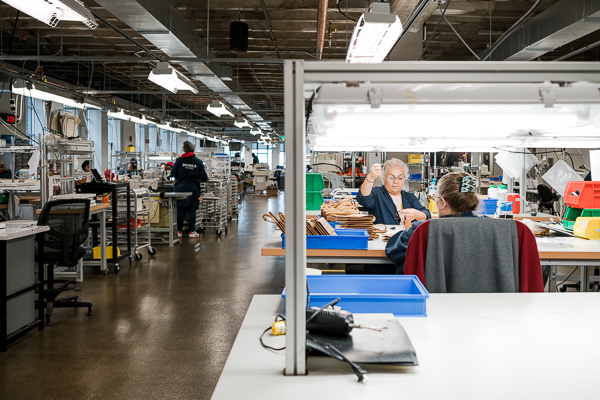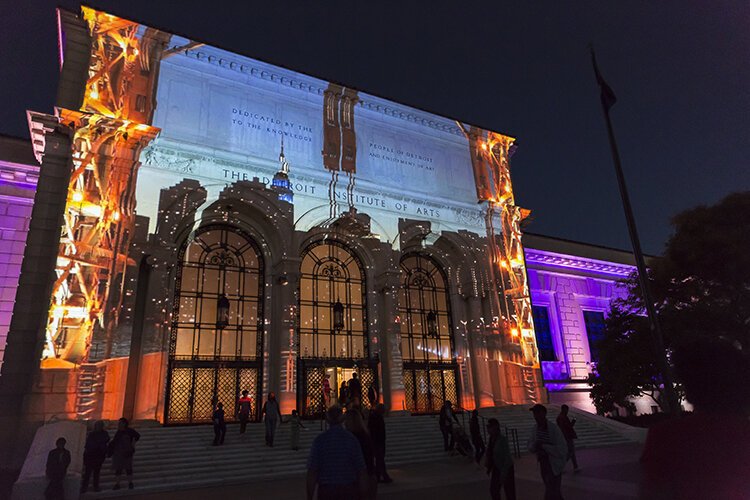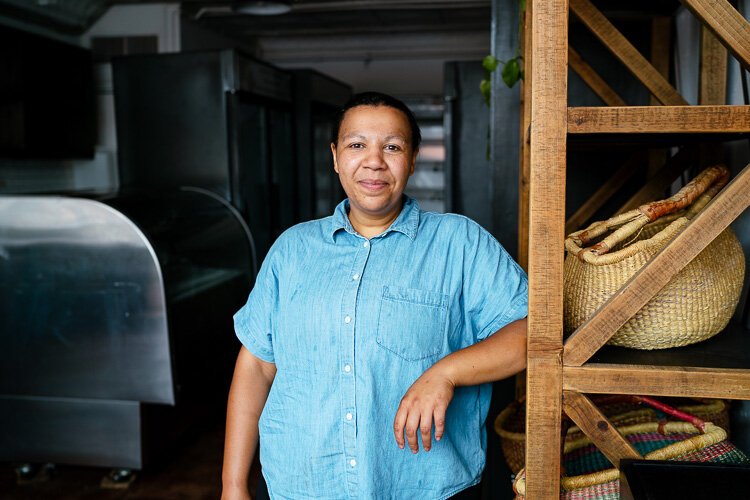DC3 and Urban Manufacturing Alliance release report on Detroit’s manufacturing potential
The report analyzes manufacturing needs, assets, gaps, and opportunities in Detroit and five other similarly-sized cities. It could be an important tool for industry stakeholders to reference in developing strategy to grow regional manufacturing.

As we detailed in an article in December 2017 about whether Detroit can become a textile manufacturing hub, a study was in the works to help answer that very question. The Detroit Creative Corridor Center (DC3) has been partnering with the Urban Manufacturing Alliance (UMA) to analyze manufacturing needs, assets, gaps, and opportunities in Detroit and five other similarly-sized cities.
“It was important to us Detroit be included in this national study because designing and manufacturing is in our community’s DNA,” Olga Stella, executive director of DC3, said in a statement. “With the Detroit City of Design initiative and other efforts underway, now is the right time to focus on this sector.”
That 40-page study, “The State of Urban Manufacturing,” has been released to the public, and details five key findings:
- Small-scale manufacturers want to grow, but are having trouble finding technical support
- There is ample land in Detroit, but few options for manufacturers who want to expand their capacity
- More capital is needed
- Businesses are having trouble retaining and training skilled labor
- While there is a rich network of industrial suppliers in Southeast Michigan, little information is available about how to access them
The report also offers some recommendations. Much like Detroit Future City, UMA believes that, “An appropriate stakeholder agency might undertake a market study to help private sector developers to warm up to the opportunity to create clean, flexible, move-in-ready space for makers—and to identify any subsidy that might be needed.”
To help in this effort, the partnership also created a Detroit manufacturing ecosystem map.
There’s clearly a lot to do, but this study helps provide a roadmap for how to create longterm, sustainable manufacturing in Detroit.
Read the full report here.




